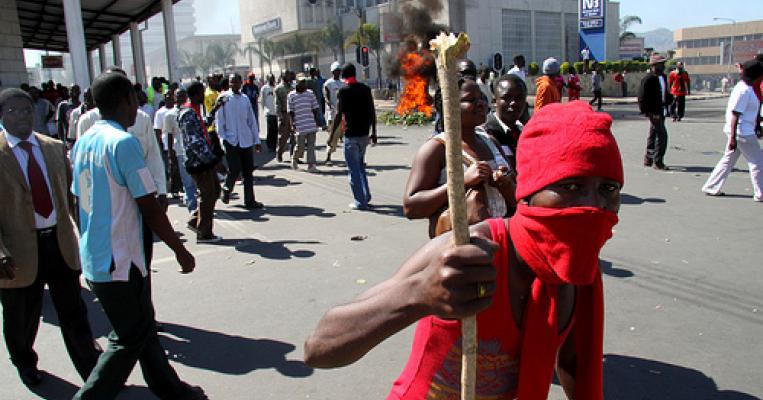Many researchers have long believed that climate conditions can be tied to the civil wars that break out so often in Africa. The continent is largely dependent on agriculture, and a fluctuation in rainfall, for example, can make a huge difference in the lives of millions of people. Now the question is whether climate may affect the frequency of less severe forms of sociopolitical conflict, such as rioting and demonstrations.
Cullen S. Hendrix, an assistant professor of government at the College of William and Mary, and political scientist Idean Salehyan, of the University of North Texas, have found empirical support for this climate-turmoil relationship. Using a new database of conflicts that included riots, strikes, coups, episodes of government repression, and occurrences of insurgent violence, they compared rainfall patterns and the incidence of conflict in 47 African countries.
Hendrix and Salehyan found that abnormal rainfall levels had a statistically significant impact on domestic instability. An increase of one standard deviation (a statistic that indicates how far a quantity deviates from the mean) over normal rainfall averages was associated with a 45 percent greater likelihood of conflict. A two-standard deviation increase boosted the chance of conflict by 116 percent. Drier periods had their perils, too: A decline in rainfall averages by one and two standard deviations saw the likelihood of conflict grow by 30 and 50 percent, respectively.
Violent events were more likely to occur when rainfall was excessive, while nonviolent events, such as protests and strikes, occurred more frequently when rainfall didn’t meet expectations. The authors speculate that drier periods may see less violence because of the difficulty of sustaining combat operations when water is scarce.
Scientists predict that climate change will turn some parts of Africa drier and other parts wetter. The findings of Hendrix and Salehyan suggest that such areas may well turn more contentious, too.

